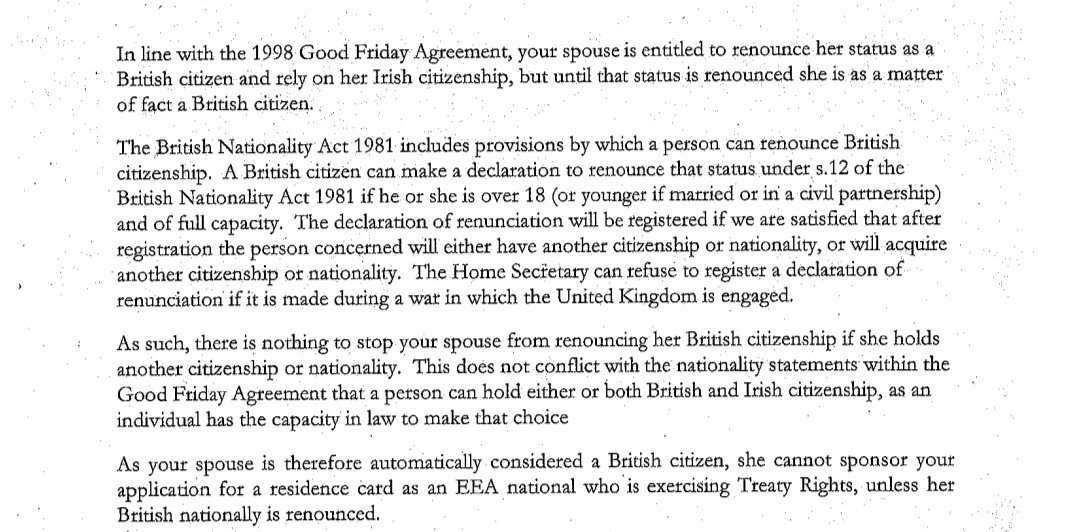Ever wondered how best to conceive of YHWH’s interaction with Pharaoh?
Me too.
What follows doesn’t, therefore, try to provide a model of human-divine interaction,
but does seek to identify features of the Biblical narrative
First, however, some thoughts on Exod. 3-15’s central themes.
In the course of Exod. 3-15, Pharaoh has a head-on encounter with YHWH, the God of Creation.
Or, to put the point another way,
Spoiler: Things don’t turn out too well for Pharaoh.
Consequently, our text turns into a homily to YHWH’s ability ‘to direct the heart of (even) a king as he pleases’ (Prov. 21.1).
🔹 Moses is raised up to deliver his people, though is said to be ‘heavy (בכד) in speech and tongue’ (4.10).
🔹 As a result of further interaction, Pharaoh’s heart becomes calloused and ‘heavy’ (בכד), and, even as it does so,
🔹 And, ultimately, YHWH is publicly ‘glorified’ (בכד) in the fall of Pharaoh and his army (14.4).
Meanwhile, in the midst of all these events,
whose name happens to consist of the elements ‘YHWH’ and ‘glory’ (יהוה + כבד),
These considerations are underlined by various numerical harmonies, since the consonants כבד and יהוה both have a gematrial value of 26,
Further associations between our text’s major themes and the number 26 can also be noted, since:
🔹 the word ‘hand/arm/power’ (יד) occurs 52 = 26 x 2 times; and
🔹 in the latter half of exodus, the new abode of YHWH’s glory—viz. the ‘ark’ (אָרוֹן)—occurs 26 times.
But the question remains, How exactly does YHWH interact with Pharaoh’s heart?
What does our text tell us about mechanics of the whole affair?
The ESV, however, appears to have followed Greek translations of the OT (and/or the Vulgate),
The text of 3.19 now makes good sense in light of its broader context. But we still need to address the issue of the *basis* on which God knows what is stated in 3.19.
(b) what will happen if Pharaoh is actively strongarmed by YHWH,
only the latter of which describes what will come to pass.
Like Pharaoh’s heart, a stream of water has a course/channel which—if not acted on by any other forces—it will naturally follow.
But YHWH will not in fact leave Pharaoh’s streams of water to run their natural course.
Is such a view of 3.19 coherent?
It seems so, especially in light the kinds of things YHWH is said to ‘know’ (ידע) elsewhere in our text.
Consider, for instance, the text of 13.17-18,
YHWH knows things which will happen (such as Pharaoh’s ultimate capitulation: 3.20),
With these things in mind, then, let us move on to consider our text’s references to Pharaoh’s heart.
🔹 Before the plagues begin (in chs. 4 and 7), God makes two statements about what he will do to Pharaoh’s heart, each of which involves a different verb.
🔹 Meanwhile, Pharaoh is repeatedly said to ‘deaden’ his own heart (להכבד את לבו, per the previous point).
One thing at least can be stated with relative certainty.
YHWH is said to interact with Pharaoh’s heart in all the ways in which Pharaoh does and more besides;
Israel are frequently referred to as עמ קשה עֹרף = ‘a stiff-necked people’ (cp. 32.9, 33.3, etc.), since they ‘stubbornly refuse’ to obey YHWH’s commands;
And elsewhere in our text להקשות has the sense ‘to refuse’ (cp. 13.5, where להקשות לשלח = ‘to refuse to release’).
As such, ‘to be stiffened in heart’ is to be stubborn and unresponsive to one’s Maker (not a good idea).
Jacob’s eyes are said to be ‘heavy’ (כבד) because he is unable to see properly (Gen. 48.10).
Since, therefore, the proper function of the human heart is to hear and respond to its Maker, for a heart to be ‘heavy’ is for it to be dull and disobedient.
We are, therefore, left with לחזק.
Presumably, then, ‘to strengthen one’s heart’ is ‘to strengthen one’s resolve’. But for good or ill?
YHWH does not strengthen Pharaoh’s resolve for any particular purpose (which could be conveyed via the construction לחזק ל—or if YHWH’s intention is preventative לחזק לבלתי—, per Judg. 9.24, etc.
But, when YHWH strengthens Pharaoh’s resolve, his action does not, in and of itself, determine whether Pharaoh’s next action is good or bad.
🔹 Sometimes, Pharaoh’s heart is simply described as ‘deadened’ (by means of the stative כָּבֵד), with no specific statement as to its cause (e.g., 7.13).
🔹 In later plagues, YHWH is said to ‘strengthen’ Pharaoh’s heart/resolve.
🔹 On one occasion, YHWH is said to ‘deaden’ Pharaoh’s heart.
As time goes on—and YHWH’s plagues become more severe—, YHWH becomes progressively more active/influential in the state of Phar.’s heart,
Particularly significant is the text of 10.1, where YHWH is said, for the first and only time in our text, to ‘deaden’ (להכבד) the heart of Pharaoh—
At about the same time, YHWH makes an unusual statement to Pharaoh—viz. ‘On this occasion, I will send all of my plagues upon your heart’—, as if Plagues 7 and beyond will now be unleashed as a kind of ‘package deal’,
After the 8th plague has been and gone, Moses never again intercedes for Pharaoh, nor does Pharaoh ever again feel the plague of his sin.
Indeed, Pharaoh seems lost in a world of his own,
Even Pharaoh’s own people can see his folly and plead with him (to no avail) to let Israel go (10.7), while YHWH washes his hands of Pharaoh.
YHWH instead wants Israel to appreciate his greatness—to witness what he is about to do to the mighty Pharaoh,
As such, the self-proclaimed king of the known world is reduced to the status of a mere pawn in the plans of YHWH, while Pharaoh’s apparently insignificant Israelite slaves are borne up on the wings of eagles...
FINAL REFLECTIONS:
To close, three brief points/remarks. The first is an attempt to arrange the above observations in a coherent manner, which runs as follows.
But, gradually, the pain and devastation inflicted on him by the hand of YHWH overcame his resistance to Moses’s requests.
not because he of any good will he felt towards Israel or their God,
Consequently, at the time of the 7th plague, YHWH had to ‘step in’ and ‘silence/deaden’ Pharaoh’s desire to capitulate to Moses’s requests (cp. 7.3), which he duly did (10.1).
YHWH filled up the measure of the ten plagues, and Pharaoh’s destiny caught up with him soon afterwards, in precisely the manner YHWH intended.
That is not, of course, a view I would want to proffer with certainty,
since the ultimate explanation of why Pharaoh has his particular nature and desires (etc.) is found in God;
but it should not involve *less* than them.
on the contrary, it should be shaped and informed by them.
And, in his central discussion of God’s elective purposes, Paul chooses to refer to what is undoubtedly Scripture’s most detailed account of God’s interaction...
Second, YHWH is sovereign over the human heart. That fact should fill us with wonder (and not a little trepidation), but is also a great encouragement,
Third, as Christians, the greatest gift we possess is a renewed heart, which is alive to the things of God.
THE END.
Pdf available below:
academia.edu/40289520/
















